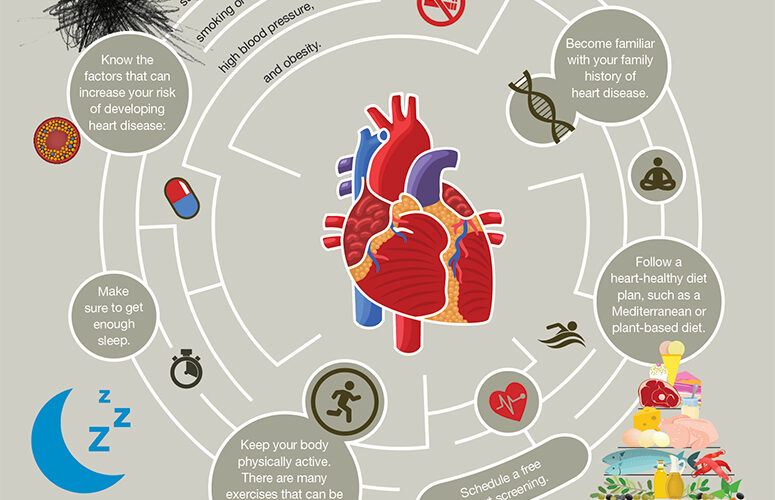
Recognizing Potential Suicidal Behavior
By David Britchkow On Apr 19, 2023For those with behavioral health disorders, like depression and bipolar disorder, there may be an increased risk of suicide, with research indicating the rate of suicide for those who have bipolar disorder is 10 to 30 times more than the overall population.
Recent research shows that almost 8 out of 10 people struggling offer signs that they are considering suicide. Regardless of whether you know someone who’s currently struggling with mental health, it may be helpful to learn how to help spot some of the signs of suicide, reduce the stigma surrounding mental health, and understand how to intervene and find clinical treatment.
The following warning signs might mean a person is considering suicide and may need urgent help:
- Discussions about being a burden
- Being isolated
- Increased anxiety
- Talking about feeling trapped or in unbearable pain
- Increased substance use
- Looking for a way to access lethal means
- Increased anger or rage
- Extreme mood swings
- Expressing hopelessness
- Sleeping too little or too much
- Talking or posting about wanting to die
- Making plans for suicide
Research shows that even talking candidly with or just being there for a person who’s in a dark mental state may help reduce suicidal thoughts. If a support system or person steps in early on, it may ultimately help save a life.
To that end, consider these tips on how you can start a conversation:
Show concern about recent changes you’ve noticed in their mood or behavior in a way that is not confrontational or judgmental.
Keep questions simple and ask how they are, what they’re feeling and how you can help provide support.
Suggest reaching out to a local recovery support resource or a professional trained to help in these issues. A growing number of mental healthcare providers offer virtual visits that can help make it easier for people to access mental healthcare when they need it. Many employee assistance programs also offer mental health support.
Remain engaged with them and check in regularly. Having consistent support from family and friends may help make a huge difference in people’s well-being.
Take action if the individual is not receptive to your help, is threatening to hurt themselves, searching for ways to take their life or consistently talking, writing or posting about death and suicide in a way that seems out of character, you should take action and call 9-1-1. It can be the difference between life and death. By taking these steps to be there for someone who is struggling, you may be able to play a part in helping to save their life.
Note: If you or someone you know is considering suicide, please call or text the 988 Suicide & Crisis Lifeline at 988. For more information
and resources, visit uhc.com.
About the Author: David Britchkow, MD, is chief medical officer at UnitedHealthcare of NJ and PA.
To access more business news, visit NJB News Now.
Related Articles:





